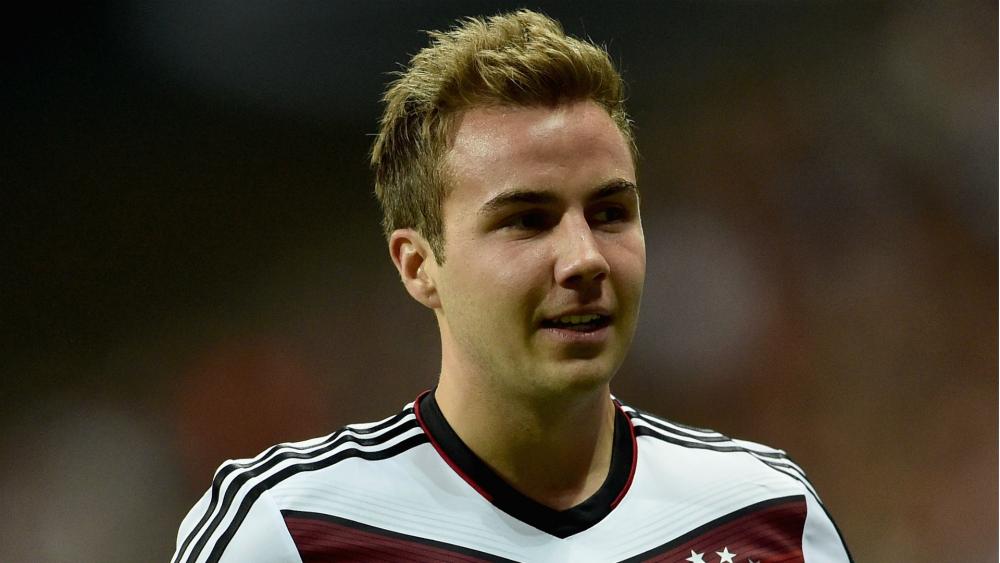A brief history of (extra) time: is the format right for the modern game?
With an extra round of knockout matches in this year’s European Championship, you can bet a few games will have an additional half-hour. FFT's Andrew Murray evaluates
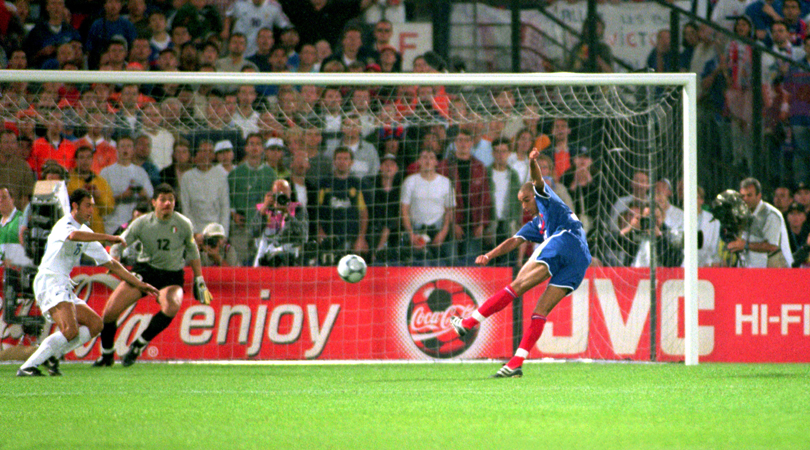
If you watched England play Italy in the Euro 2012 quarter-finals and remained conscious throughout, then give yourself a pat on the back. You should also, however, consider using your insomnia to fight crime, instead of sitting on a sofa watching 120 minutes of goalless tedium between two teams intent on settling their differences from the penalty spot.
That evening, Roy Hodgson’s men managed no shots and 176 fewer passes than their opponents in the 30 minutes added on. At least Mario Balotelli produced the odd satellite-bothering effort, and Andrea Pirlo a delicious Panenka penalty in the shootout.
Four years on, the England team that arrives in France for Euro 2016 is thankfully much changed, yet extra time’s stodgy trudge towards an inexorable shootout is constant. Ten of the last 15 World Cup or European Championship matches to go to extra time were ultimately decided from the spot.
The situation isn’t the exclusive preserve of international tournaments, either. Of the last 12 European Cup or Champions League finals to go the distance, 10 ended without so much as a goal – cue penalties. A procession of players shooting from 12 yards has replaced actually trying to win a game of football.
What’s happened to extra time? Are players even capable of playing it, having been wrung for 90 minutes in an era of pressing?
What’s happened to extra time? Are players even capable of playing it, having been wrung for 90 minutes in an era of pressing? Are they scared to lose, beset by golden goal’s hangover?
To find out, we sought the opinions of players, managers, fans, journalists and sports scientists. FourFourTwo has definitively saved knockout tournament football. Kind of...
In the beginning...
Get FourFourTwo Newsletter
The best features, fun and footballing quizzes, straight to your inbox every week.
Adding minutes onto the end of a tied football match, in order to determine a winner, is nothing new. The FA had written extra time, and how much of it to play, into its rulebook as early as 1897. But it took time for the innovation to spread around the world.
In the 1922 German championship final, for instance, Hamburg and Nuremburg played 99 minutes of ‘next goal wins’ after drawing 2-2 at the end of 90 minutes. Nobody scored. The game only ended when it got dark. The replay seven weeks later was also abandoned, this time at half-time in extra time when injuries and red cards reduced Nuremburg to seven players. Hamburg refused to accept the trophy.
Extra time has even caused diplomatic incidents
Extra time has even caused diplomatic incidents. At the 1936 Berlin Olympics, Peru beat Austria 4-2 in a pulsating contest, but when fans invaded the pitch – one carrying a revolver, allegedly – Austria filed a complaint. Stuck in a German military parade, Peru missed the hearing and were thrown out of the tournament. The Peruvian Olympic Committee removed all athletes from the Games in protest, Colombia following suit in South American solidarity, while stone-throwing Peruvians marched the German consulate in Lima and dockmen refused to load two German vessels.
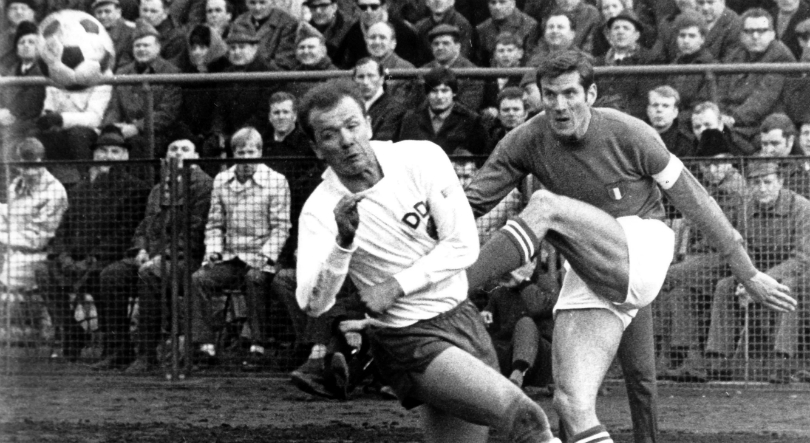
Gradually, 30 minutes’ extra time became the accepted norm, followed by a replay and a coin toss if the two teams still couldn’t be separated. Giacinto Facchetti correctly called heads as Italy beat the Soviet Union in the Euro 68 semi-finals, the only time a European Championship or World Cup game has ever been settled by flipping currency.
By 1970 the International Football Association Board (IFAB), which ratifies changes to FIFA’s laws of the games, had replaced the coin toss with a penalty shootout after extra time. Teething problems remained, however.
In the 1971/72 European Cup Winners’ Cup second round, Willie Henderson’s extra-time strike gave Rangers what should have been a win on away goals against Sporting Lisbon, with the score 6-6 on aggregate. Yet referee Laurens van Ravens unfathomably ordered a shootout, which Sporting won 3-0.
“We sat in the dressing room, heads down,” recalled winger Willie Johnston. “Then the journalist John Fairgrieve came in and told us we were through.” Notebook in hand, manager Willie Waddell marched to the nearest UEFA official. The result was overturned, and Rangers went on to win their first and only European trophy.
Extra time and penalties at international tournaments began altogether better. At Euro '76, Antonin Panenka unleashed the scooped penalty on an unsuspecting football world, while the see-sawing 3-3 draw between West Germany and France in the 1982 World Cup semi-finals is generally regarded as the best game in tournament history – not because of maniacal keeper Harald Schumacher’s near-decapitation of les Bleus’ Patrick Battiston, but due to an impossibly thrilling four-goal extra-time period in which Die Mannschaft recovered from a 3-1 deficit to win on penalties.
Goals become golden
By the early ’90s, however, the additional 30 minutes had become just an hors d’oeuvre for the shootout’s main course, and changes were afoot. In 1993, hoping to encourage attacking play, FIFA approved the ‘golden goal’ rule to apply in extra time – as opposed to ‘sudden death’, which “has too negative a connotation” – whereby the first team to score would win.
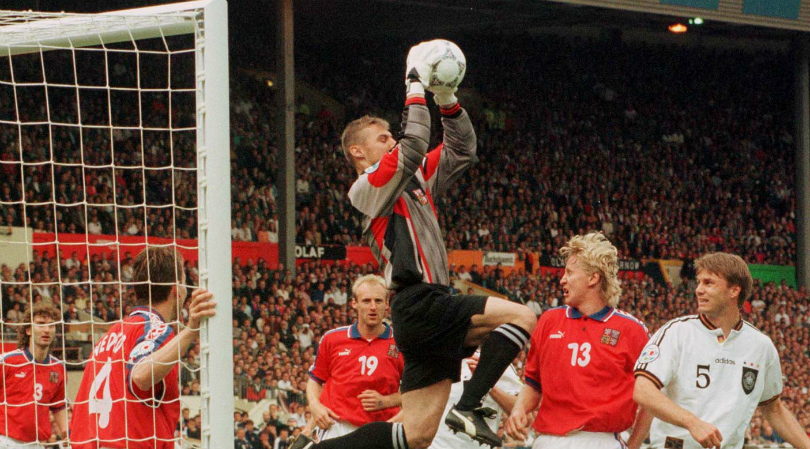
The first major tournament decided in this way was Euro 96, as Czech keeper Petr Kouba made a hash of Oliver Bierhoff’s 95th-minute deflected shot to give Germany their third title.
“I know that it looked like a silly goal,” Kouba tells FFT. Psychologically, that mistake has stayed with him. “Afterwards, I was so down. I didn’t want to do anything for seven days. Even though we were welcomed as heroes back in Prague, I had such pain inside. It will stay with me for the rest of my life, no matter how much I’ve tried to forget it. It’s all anyone ever asks me. I suppose it was fate.”
For golden goal victors, though, the sense of elation at victory could scarcely be topped
For golden goal victors, though, the sense of elation at victory could scarcely be topped.
Gerard Houllier led Liverpool to UEFA Cup glory in 2001 with a 5-4 win in the final against Alaves, thanks to a golden goal (a golden own goal, in fact, courtesy of the unfortunate Delfi Geli).
- RECOMMENDED What the heck happened to Alaves after 2001?
Houllier tells FFT: “The joy was greater, because it was more difficult. I always thought we would score because I thought we were the better team, but I still think you should give a team the chance to compete until the end of the game. You need to play until the end of extra time. The golden goal looked good, perhaps, but it was a bad idea in terms of football and fair play.”
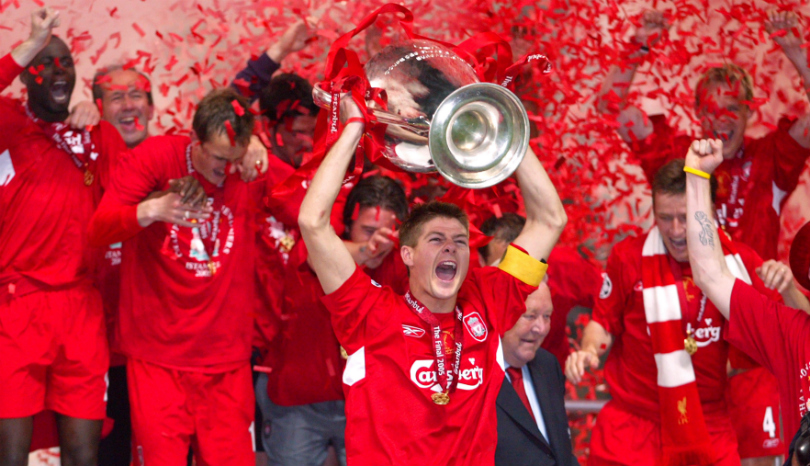
Perhaps unsurprisingly, Kouba agrees. “The rule was unjust and cruel,” he says. “Usually you know that even if you’re one goal down, you still have a time for another attack. With a golden goal, you daren’t take any risks.”
Therein lay the problem. The rule was meant to increase the attacking play, but it did the opposite.
Therein lay the problem. The rule was meant to increase the attacking play, but it did the opposite. Teams were scared to attack because of the risk of instant defeat. Also, an extra-time period that was just getting interesting could be cut abruptly short. Remember: if the golden goal rule had been in force for that 1982 World Cup semi-final, France and not West Germany would have reached the final.
Following a brief experiment with a ‘silver goal’, where the game would end at half-time in extra time if a team was leading, 2004 brought a return to a straight 30-minute additional period. Freed from golden goal’s psychological shackles, the Euro 2008 quarter-final in which Croatia and Turkey traded extra-time goals in injury time provided proof that its abolition was for the best.
Mind over matter
Teams are now safe in the knowledge that a guaranteed 30 minutes awaits in the event of a draw. So, in an era of unparalleled access to sports science and psychology, is it possible for sides to prepare players for extra time?
“Not really, because it doesn’t happen very often,” says Nick Grantham, a strength and conditioning coach who has worked for a number of Premier League clubs. “With the right refuelling and rehydration, there’s no reason why players can’t go on beyond 90 minutes with their standard training regime, because they’re elite athletes.
"You just have to accept that they’re right on the limit of their physical capacity and weigh up the benefits of either training specifically for extra time or getting the job done in 90 minutes.”
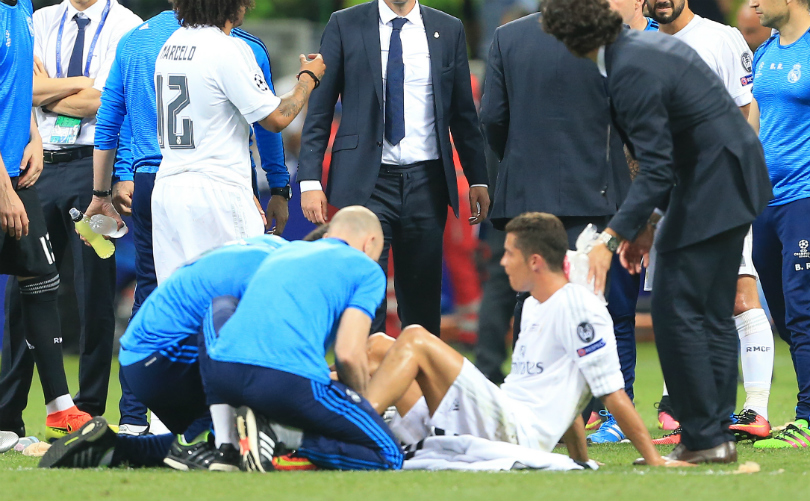
What you can do however, is prepare the mind.
“In high-pressure situations such as extra time, the athlete becomes overwhelmed with emotion and fatigue,” explains Dr John Sullivan, a sports psychologist who has worked as a consultant for England and a handful of Premier League clubs. “In a lot of sports, people think you can’t improve that, but you can.
“I’ll have them run on a treadmill and cycle at a high speed to get their heart rate up, and then make them solve a problem while they’re fatigued. You increase the tension so it mimics what the athlete will face out on the pitch.”
I’ll have them run on a treadmill and cycle at a high speed to get their heart rate up, and then make them solve a problem while they’re fatigued
During a match, players’ minds can turn to extra time before 90 minutes are even up.
"It comes into your mind with 10 minutes to go," says Kouba. "Players and coaches know there are a lot of goals in the last few minutes, so you have to avoid mistakes. Instead of attempting the goalscoring passes you might try in the first half, you tend to kick long balls even though you concede possession easily. It’s about risk management."
"In my playing days, I preferred to keep a clean sheet in extra time, go to penalties and hope for the best. Now, as a goalkeeping coach with Czech national youth teams, I prefer that we decide matches during extra time."

Anything left in the tank?
That’s easier said than done, however. As extreme fatigue sets in, not everyone can replicate what they managed in normal time.
“You have to take into account what’s gone on in the 90 minutes before,” says Grantham. “Typically, it’s a really important game, because there’s a need for a winner. You’ve got two of the best teams playing each other, and by the end of 90 minutes they have already given everything to win the game.
“If you’re tired, you’ll make poorer decisions – a badly timed tackle that may lead to an impact injury, either on you or the opponent. Your muscles are more likely to break down.”
There’s much, then, for a manager to think about at the start of extra time. Famously, after seeing West German players lying down at the break in play during the 1966 World Cup Final, Sir Alf Ramsey told his team: “Look at them. They’re finished. You’ve won it once – now go and win it again.” England did just that.
“What comes to my mind,” explains Houllier, “is that I hope that we have enough energy to perform and to keep our discipline within the game.
“You have to find the right balance. Scoring goals wins you games, but you have to weigh that up with the fact that, by attacking, you are losing your shape temporarily.”
Just as important to extra-time success as physical preparation and in-game management are recovery strategies, which should begin before the 120 minutes are up.
If you start your recovery at the end of the extra time period, it’s already too late
“If you start your recovery at the end of the extra-time period, it’s already too late,” explains Sullivan. “You can teach an athlete to manage their energy and recover during a match. Then they have an advantage, which we call cognitive dominance.
“If we teach them how to immediately drop their heart rate in two breaths, they become more resilient, energised and stronger throughout that game. Breathing properly also helps in clearing the brain: rather than beating themselves up on the pitch, it clears their mind and stops the brain reacting negatively to stress.”
In a knockout international tournament such as the World Cup or the European Championship, when it’s possible to play four successive games from the last 16 that go to extra time, a team’s physical recovery is vital. Ice baths, high-protein foods and fluids with added nutrients have become the norm.
“The day after, you can do a swimming pool recovery session or a bit of light bike work,” says Grantham. “It’s part of knockout football. It all adds up – especially late kick-offs, where you don’t finish until gone 10pm and you have to travel and rest. It compounds the issues.
“If your opponents didn’t go to extra time, you’re already at a slight disadvantage because of the residual fatigue in your body. Maybe stopping and going straight to penalties is the sensible thing to do.”
That’s what happens in the Football League Trophy – just 90 minutes, then penalties – and Grantham’s point is an interesting one. How fair is it for one team to begin a game not only having potentially had an extra few days’ rest, but also having not played extra time?
“For one match, players can cope,” says Kouba. “But a top-level tournament played at the end of a long season, full of pressure, increases the demands. When you have to play a second or even third period of extra time in such a short period, there’s a bigger threat of tiredness and injuries.”
It isn’t just the players who struggle with extra time, either.
You know you’re the last thing in the paper, that everything else is done, and that you’ll get a fairly uncompromising bollocking if you don’t have something ready instantaneously
“Most newspaper journalists resent any game that goes into extra time, really,” The Times’ Rory Smith tells FFT. “Our first edition goes at 10.30pm and extra time ruins that, so instead we get everything else done and wait before filing an intro. It’s not ideal – you can get really disjointed match reports in first editions – but it’s the only way of making it work.
“You know you’re the last thing in the paper, that everything else is done, and that you’ll get a fairly uncompromising bollocking if you don’t have something ready instantaneously.”
What does the future hold for extra time?
So, what does the future hold for extra time? It’s interesting to note that in the Copa America and Copa Libertadores, only the final features extra time, with other games that are level after 90 minutes going straight to a shootout.
One possibility is to be trialled in this summer’s Olympics, the Club World Cup and the Under-20 Women’s World Cup: giving each team the option of bringing on a fourth substitute at the beginning of extra time.
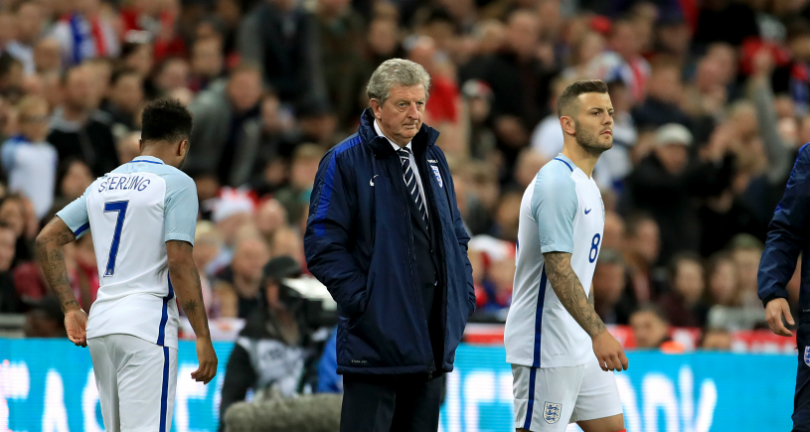
“I think that’s a very sensible idea,” says Grantham. “You can manage the game a bit better, especially if you know you can bring someone off who’s creaking a bit, but who you left on to win the game in 90 minutes. It’s dangerous to leave them on beyond that, but you might already have used your three subs trying to be attacking and win the game.”
Another idea offered is to copy ice hockey, where each team loses a player in order to create more space for attacking play.
I’m a traditionalist and I think extra time is a good system, but maybe it should be shortened to 20 minutes
“I can’t imagine that working in football,” says former Czech keeper Kouba. “Who would you replace? I’m a traditionalist and I think extra time is a good system, but maybe it should be shortened to 20 minutes.”
Houllier is of a similar opinion, laughing: “If you find a better system, let me know.”
Well, Gerard, thanks for asking. Why not replace the shootout with a coin toss? We know what you’re thinking, but the statistics bear us out.
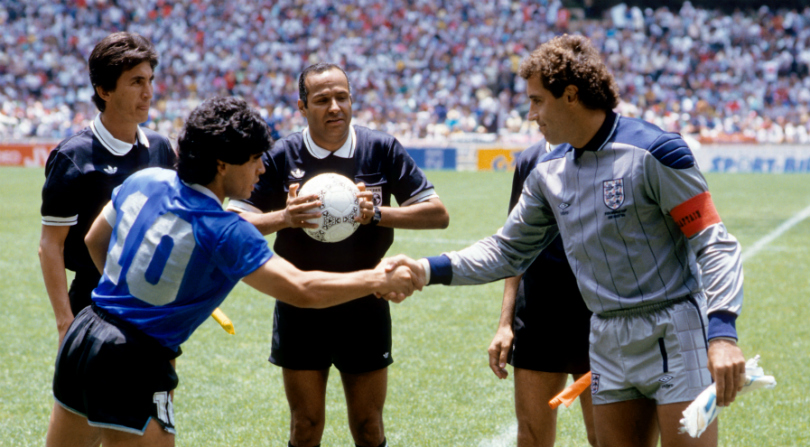
Before the shootout’s introduction to World Cup and European Championship matches still level after extra time, 94 per cent of all ties were finished in 120 minutes, the others going to replays or, in one instance, a coin toss. Since the advent of penalties (from Euro '76 and the 1978 World Cup), that figure has dropped sharply to 78 per cent, with only 42 per cent of games that go to extra time decided inside 120 minutes.
Get rid of the carrot of penalties – effectively the right of the weak – and teams will try to win knockout games in extra time again, because the coin toss alternative is far less attractive.
An end to the penalty shootout. Wouldn’t every England supporter just love that?
This feature originally appeared in the June 2016 issue of FourFourTwo. Subscribe!
Andrew Murray is a freelance journalist, who regularly contributes to both the FourFourTwo magazine and website. Formerly a senior staff writer at FFT and a fluent Spanish speaker, he has interviewed major names such as Virgil van Dijk, Mohamed Salah, Sergio Aguero and Xavi. He was also named PPA New Consumer Journalist of the Year 2015.

